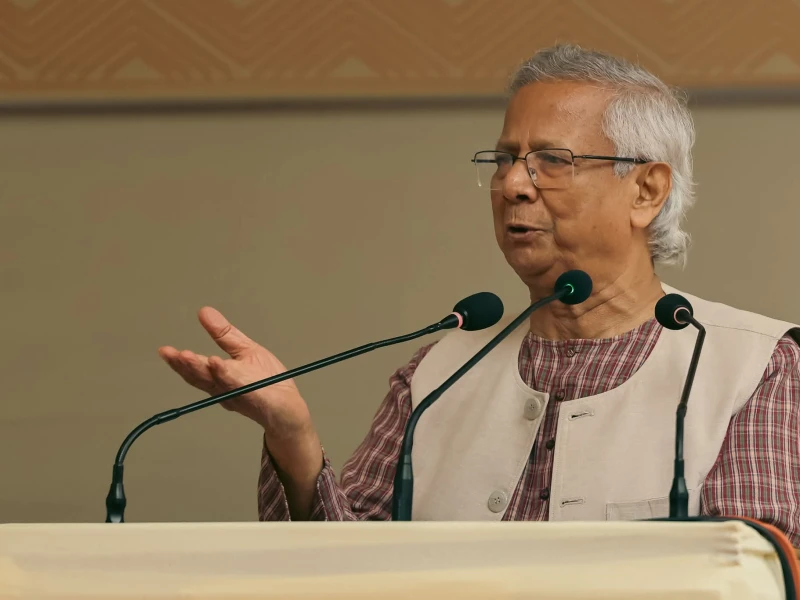Chief Adviser Professor Muhammad Yunus has stressed the urgent need for Bangladesh to expand clean energy, particularly solar and nuclear, to reduce its heavy reliance on fossil fuels and ensure sustainable economic growth.
Speaking at a virtual discussion on Thursday evening with Carl Page, Chairman of the Anthropocene Institute, Yunus said Bangladesh—one of the most climate-vulnerable nations—must shift to affordable, cleaner and safer alternatives.
It is time for Bangladesh to seriously consider clean energy options, including large-scale solar deployment, he said.
Carl Page, brother of Google co-founder Larry Page, showcased advancements in next-generation nuclear and hybrid systems that can provide reliable, zero-carbon power.
He noted that barge-mounted reactors are cost-effective, low-maintenance, and well-suited for Bangladesh’s growing industrial demand.
Nuclear power is no longer taboo among global financiers like the World Bank, Page said, pointing out that countries such as Indonesia have already embraced such technologies.
Highlighting Bangladesh’s potential, he said the country could serve as a strategic hub for emerging clean energy technologies, creating jobs, stabilising energy prices, and boosting competitiveness.
Professor Yunus informed that the Interim Government has already introduced a national power policy to fast-track solar adoption. But he cautioned that nuclear options would need careful feasibility studies before any policy move.
We will certainly explore these opportunities, he said.
There is no question—Bangladesh must drastically reduce its dependence on fossil fuels. CA concluded.
The meeting was also attended by BIDA Executive Chairman Chowdhury Ashiq Mahmud Bin Harun and Senior Secretary and SDG Coordinator Lamiya Morshed.


 Prev Post :
Prev Post :
